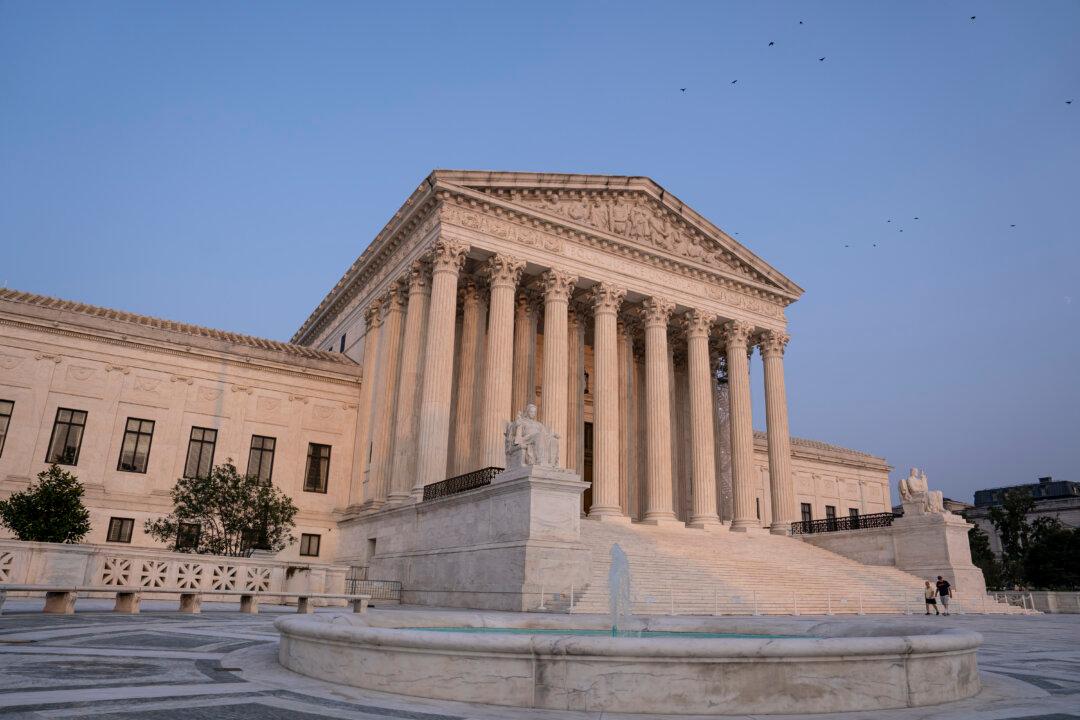U.S. Supreme Court justices rejected an appeal of an Alabama Supreme Court ruling that concluded that embryos from in vitro fertilization (IVF) are protected by law.
Justices on Oct. 7 turned away the petition from the Center for Reproductive Medicine and Mobile Infirmary Medical Center, which asked the court to consider whether the Alabama Supreme Court ruling violated rights guaranteed by the U.S. Constitution. The justices did not explain the decision.





